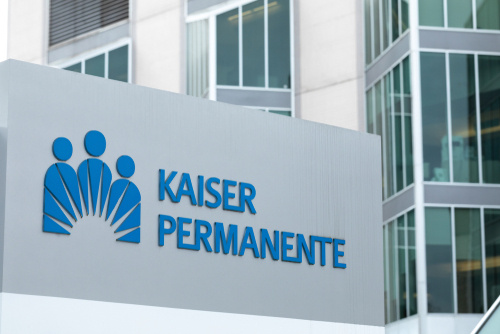Does Kaiser Cover PTSD Treatment?
Post-traumatic stress disorder (PTSD), as defined by the Mayo Clinic “is a mental health condition that’s triggered by a terrifying event—either experiencing it or witnessing it.” PTSD is recognized in the Diagnostic and Statistical Manual of Mental Disorders, Fifth Edition (DSM-5) as a diagnosable mental health condition and is listed under the new category called Trauma- and Stressor-Related Disorders. PTSD can occur when an individual has experienced severe stress or anxiety after being exposed to a traumatic event. It is important to note that not every individual who experiences a highly traumatic event will inevitably go on to develop PTSD. In those that have; however, research indicates that with proper treatment and support, an individual can overcome PTSD and go on to lead a meaningful and fulfilling life.
Kaiser Permanente
Kaiser Permanente is the largest not-for-profit managed care organization in America and was founded in 1945. It is made up of three organizations: Kaiser Foundation Health Plan, Kaiser Foundation Hospitals, and Permanente Medical Groups. It offers high-quality and affordable healthcare through individual and family medical insurance plans. Kaiser provides medical insurance to approximately 12.4 million members in America. As of 2021, Kaiser Permanente plans became available for purchase through the Marketplace in several states including California, Colorado, Georgia, Hawaii, Washington, Maryland, Virginia, Washington D.C., and Oregon. The specific mental health treatment coverage may vary between Kaiser Permanente plans, but all include some level of coverage for in-network providers (such as Friendly House) delivering outpatient, intensive outpatient, and inpatient services. Prior to the rendering of any type of mental health services, it is best to verify with the provider that they are in-network and accept your plan. It can also be helpful to reach out to a representative at Kaiser Permanente to discuss any potential out-of-pocket expenses.
PTSD Treatment
There are many treatment options for an individual struggling with PTSD. An individual with PTSD will likely require a customized treatment plan that may include a variety of treatment modalities. The main types of psychotherapy that are commonly used to treat PTSD include cognitive behavioral therapy (CBT), dialectical behavior therapy (DBT), expressive arts therapy, and talk therapy. Cognitive behavioral therapy is a therapeutic method that combines behavioral therapy with talk therapy. This can be extremely helpful for the treatment of PTSD, as individuals will work closely with a therapist to essentially change their thinking patterns by developing effective coping skills that will enable them to change their own thoughts surrounding the trauma, helping to reframe the experience or experiences in one’s own mind, thus alleviating much of the negative thoughts, feelings, emotions that play into one’s PTSD. DBT is also frequently used to treat PTSD. Dialectical behavior therapy uses mindfulness skills to help an individual focus on accepting their emotions, while also helping to adjust the unhealthy behaviors that arise from the emotions. Guidance from a qualified mental health provider can help provide individuals suffering from PTSD with the much-needed support in cultivating effective coping strategies and learning applicable skills to aid in the PTSD recovery process.
For Information and Support
Substance abuse and addiction can be incredibly dangerous and can result in severe short and long-term consequences. If you or someone you know is suffering from substance abuse or addiction, please get help as soon as possible. The earlier you seek support, the sooner you and your loved ones can return to leading happy, healthy, and fulfilling lives. There is no reason to go through this alone, and we are here to help. Please feel free to reach out to us for further information or with any questions regarding substance abuse or addiction. We are available anytime via telephone at: 213-389-9964, or you can always email us at: info@friendlyhousela.org.



